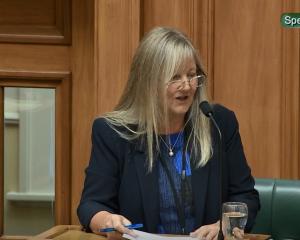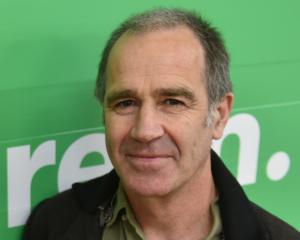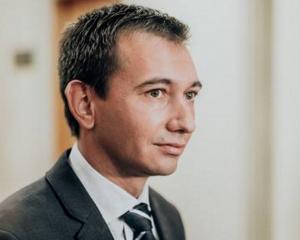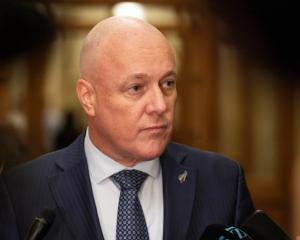The party, funded by larger-than-life technology entrepreneur Kim Dotcom, has joined with the Hone Harawira-led Mana Party to campaign as Internet Mana at the election.
Mr Kumar, who was in Dunedin for a party meeting and the University of Otago VoteChat, was working hard to get Internet Party members to be more receptive to the aims of the Mana Party and take a flexible approach.
The Internet Party was data-driven and had speed and agility. The Mana movement was based on caring for people and worked with a more consensus, conservative approach.
Bringing those two approaches together gave a strong base from which to work, he said.
As a former head of InternetNZ, he was used to bringing together people to lobby strongly and believed his talent for that sort of organising would help merging the aims of both the Internet and Mana parties.
The Internet Party had 15 candidates, two of them in Dunedin. Mr Kumar admitted to having a soft spot for the city but he believed some people were struggling.
''Dunedin is one of those towns where a large number of people are ready for a change. Dunedin wants a change. It is a beautiful city with a lot of opportunities but some people are having a hard time.
''I have a personal attraction to this city and looking at how progress is happening in Dunedin.''
Internet Party candidates were positioned in strategic areas to maximise the party vote in the election. Having two candidates focusing on that target in Dunedin would help get MPs elected nationally.
Mr Kumar (51) had heard all the criticism and scepticism about the joining of the parties, he said in an interview.
However, what people were missing was the collaboration between the two parties and the merging together of a new party with an older and more established political organisation.
''Kim and Hone have to work well together. They are both strong personalities, but we are unlikely to succeed if they are unable to work together.
''It's not a marriage. This is two parties coming together to achieve a set of goals. That's the proof for many. When the mix is diverse, good things can happen.''
The party had three strategies with which to engage with young voters.
The ''Party Party'' music strategy would play a major role but so, too, was explaining to young people what they could hope for and expect from the Internet Party.
So far, young people had told Mr Kumar they were concerned about tertiary education, student loans, affordable housing, jobs and the environment - not much different from the things concerning wider New Zealand.
But the Internet Party would be making a different emphasis.
Mr Kumar would also be emphasising the need for change.
''It is important to come out and vote at this election if you want change.''
Internet Party candidates would use a lot of social media. Young people did not watch a lot of television so YouTube would be used extensively, along with Twitter and Facebook.
Mr Kumar was looking no further forward than a week after the election, when he faced looking for another job. He was not ruling out continuing in some role with the Internet Party. He was a believer in using technology for change.












